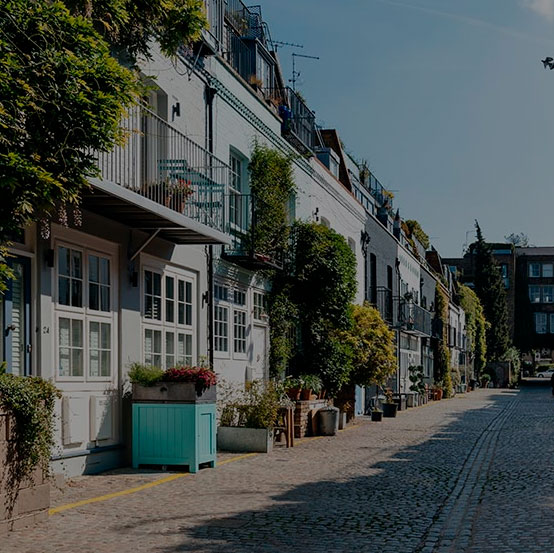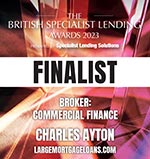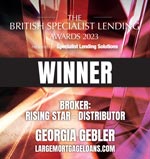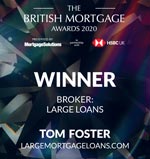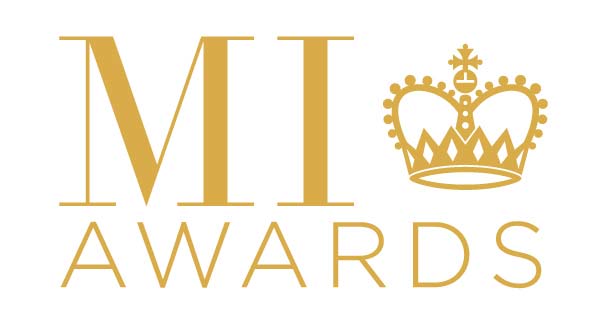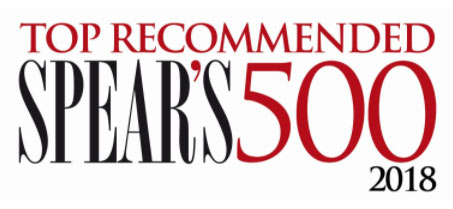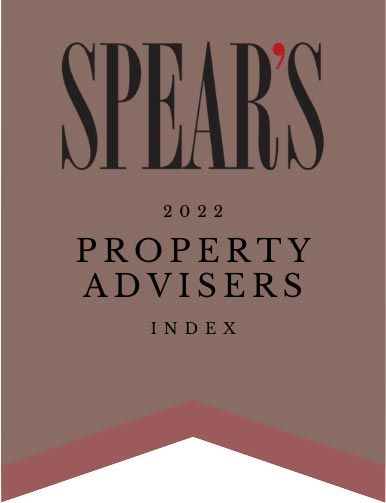Last month Denmark’s Jyske Bank made history by launching 10 year loans at a rate of -0.5%. The move effectively means that the bank is paying customers to borrow money (bar sign up charges) and is a signal that some more cautious investors would rather get their money back at a slightly lower rate than invest in riskier options.
In light of this Paul Welch, Founder and CEO of Large Mortgage Loans, commented on this topic.
What are your thoughts on Jyske Bank’s move into negative rates?
The length of the loan on offer is perhaps the most sobering element, as it shows just how long investors believe the economic slump may last. This comes in a country that first saw interest rates drop below zero in 2012 and where analysts predict they won’t get above 0% until 2021 so there is context here to take into account.
However, the Leave camp has often cited the ‘Denmark deal’ as an example of how an economy can achieve success out of the EU, with some of the benefits attached. If we’re looking to their economy as a marker of success, people should be aware that Denmark uses monetary policy to defend its peg to the Euro. Therefore, out of the EU, it could signal the UK’s monetary policy doing the same, meaning we can’t rule out negative interest rate territory.
Do we think the UK could follow suit?
The Bank of England Governor Mark Carney has long been thwarted from delivering on his strategy of slow and stable rate rises by uncertainty over Brexit.
If we are headed for a recession – which would certainly tie in with the global picture – the BoE may need to cut rates aggressively and with interest rates now standing at 0.75% there isn’t a huge way for them to drop before we hit zero and potentially below.
What’s the impact for customers?
Obviously in a scenario like this borrowers benefit the most. As their lending costs reduce, they have more money in their pockets to spend on goods and services, which has an overall affect in improving the economy.
I believe the biggest impact for the UK would be a sharp readjustment in asset values. We have seen a house price readjustment in most areas and negative interest rates would mean wider access to borrowing, leading to it truly becoming a buyers’ market. Overseas cash buyers are already finding London to be a very strong investment due to the weak pound, and this move would likely only fuel overseas investment further.
What’s the impact for high net worth individuals?
In the case of Denmark, whilst the bank is giving with one hand, it’s taking away with another and has announced plans to charge wealthier customers a fee. Deposits which rise above 7.5 million kroner (£1.1 million) will be subject to a -0.6% rate. Jyske are not the only ones to declare such charges, they follow UBS Group AG and Credit Suisse Group AG, who have taken similar steps.
This could be something we see replicated in the UK and, once it’s established, we may find it’s a move the banks don’t repeal even if the economic picture improves.
Overall, the picture for high net worth individuals is still prosperous. They could be able to snap up multi-million pound properties at the lowest values we’ve seen in a long time, paying next to nothing on their interest rates. However, they’ll need to be in it for the long term. If they’re looking to the short term, their investments will no doubt be on the riskier side but as we all know, risk=reward.
What’s your advice for borrowers?
Keep an eye out for the interest rate cuts and when they come, take advantage and switch or remortgage to the best rate you can get.
What a lot of borrowers don’t realise is that there are ways to take advantage of lower interest rates whilst holding onto the security of a fixed rate. There are hybrid options out there where 50% of your mortgage can be held on a fixed rate and 50% on a variable rate. These are great options, but they’re not taken up often enough. A regular broker is unlikely to recommend it and you need to seek out a specialist such as Large Mortgage Loans.
On a hybrid option, you can take advantage of lower rates if they drop (and we suspect they will) but also benefit from the security of a fixed low rate in the long term, which gives you peace of mind. If rates were to end up in at 0% or in negative territory, on a hybrid you would only be paying half your mortgage but still servicing the full monthly payment – what a fantastic thought!
Your home or property may be repossessed if you do not keep up repayments on your mortgage.
Changes in the exchange rate may increase the sterling equivalent of your debt.



